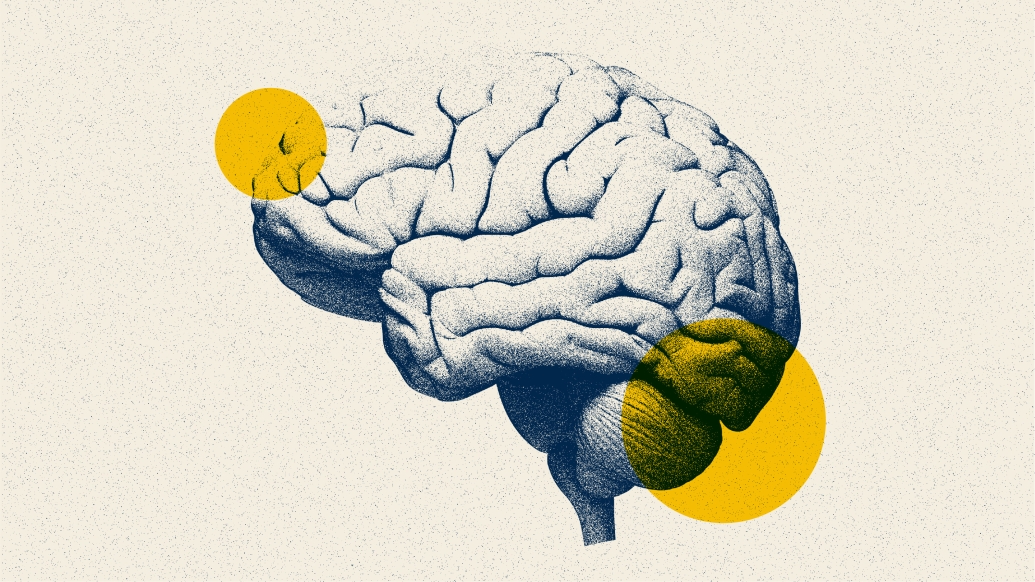The findings highlight the importance of analyzing the impact of life stressors on those with MS
5:00 AM
Author |

A Michigan Medicine-led study finds that stressors across the lifespan — including poverty, abuse and divorce — are associated with worsening health and functional outcomes for people with multiple sclerosis.
Using survey data from more than 700 people with MS, researchers discovered that stressful events occurring both in childhood and adulthood contributed significantly to participants’ level of disability.
The results are published in Brain and Behavior.
“MS is the leading cause of non-traumatic disability among young adults, and additional research is needed to identify these external drivers of disability that can be addressed or prevented, including stress, to improve functional outcomes,” said co-author Tiffany Braley, M.D., M.S., director of the Multiple Sclerosis/Neuroimmunology Division and Multidisciplinary MS Fatigue and Sleep Clinic at University of Michigan Health.
“This knowledge is needed to inform MS research as well as clinical care. Referrals to resources, such as mental health or substance use support could help reduce the impact of stress and enhance wellbeing,” Braley said.
More than 2.8 million people in the world have MS, an autoimmune condition that affects the brain and spinal cord, in which the protective layer of nerve cells is attacked by the body’s immune system. People with MS can experience unique, often painful, exacerbations of their symptoms known as a relapses, exacerbations or “flares”.
SEE ALSO: Symptoms, like pain and fatigue, often cluster in newly diagnosed MS
Initially in the study, both childhood and adult stressors were significantly associated with worse burden caused by relapse after the onset of the COVID-19 pandemic. However, the association between childhood stressors and disease burden lost significance when further accounting for experiences in adulthood.
Studies focused on stress and MS that don’t account for the full lifespan, researchers say, could miss vital information or overestimate the relationship between childhood stressors and health outcomes.
“Adverse Childhood Experiences, which we call ACEs, and other childhood stressors could impact immune, inflammatory and behavioral processes throughout life, and reduce resilience to adult stress,” said first author Carri Polick, Ph.D., R.N., who completed this work while at the U-M School of Nursing and is now a postdoctoral fellow in the National Clinician Scholars Program at Duke University.
“It is important to use a lifespan approach in future work to better understand patterns and inform symptom management. For example, we are expanding upon this work to investigate mechanistic pathways through sleep, smoking and mental health, through which stressors may lead to worse MS outcomes including increased disability, pain and fatigue.”
Additional authors include Robert Ploutz-Snyder, Ph.D., Cathleen M. Connell, Ph.D., and Sarah A. Stoddard, Ph.D., all from the University of Michigan.
This work was supported in part by the National Institutes of Health and the National Institute of Nursing Research.
Paper cited: “Associations among stressors across the lifespan, disability, and relapses in adults with Multiple Sclerosis,” Brain and Behavior. DOI: 10.1002/brb3

Explore a variety of health care news & stories by visiting the Health Lab home page for more articles.

Department of Communication at Michigan Medicine
Want top health & research news weekly? Sign up for Health Lab’s newsletters today!





